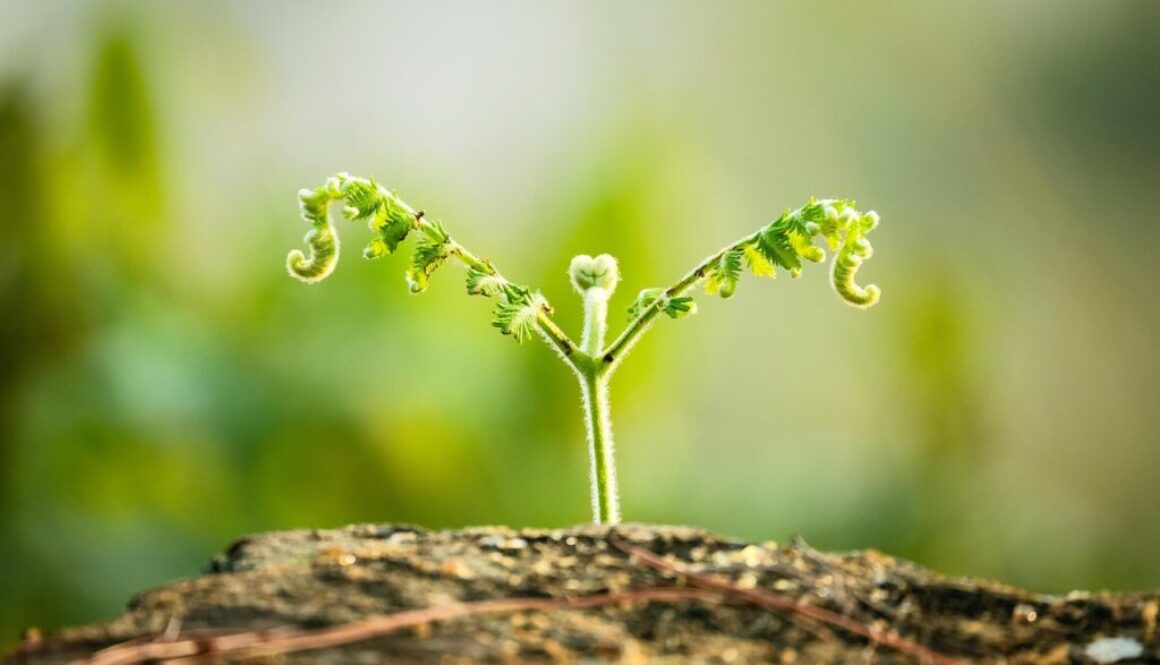When God Feels Distant: Wrestling with Divine Silence
We rarely talk about it, but feeling like God is distant isn’t just a modern struggle—it’s a biblical one. It’s woven throughout scripture, in the Psalms, in the prophets, in the stories of the apostles, and even in Jesus’ own words. And yet, many Christians today have been led to believe that if they feel […]









